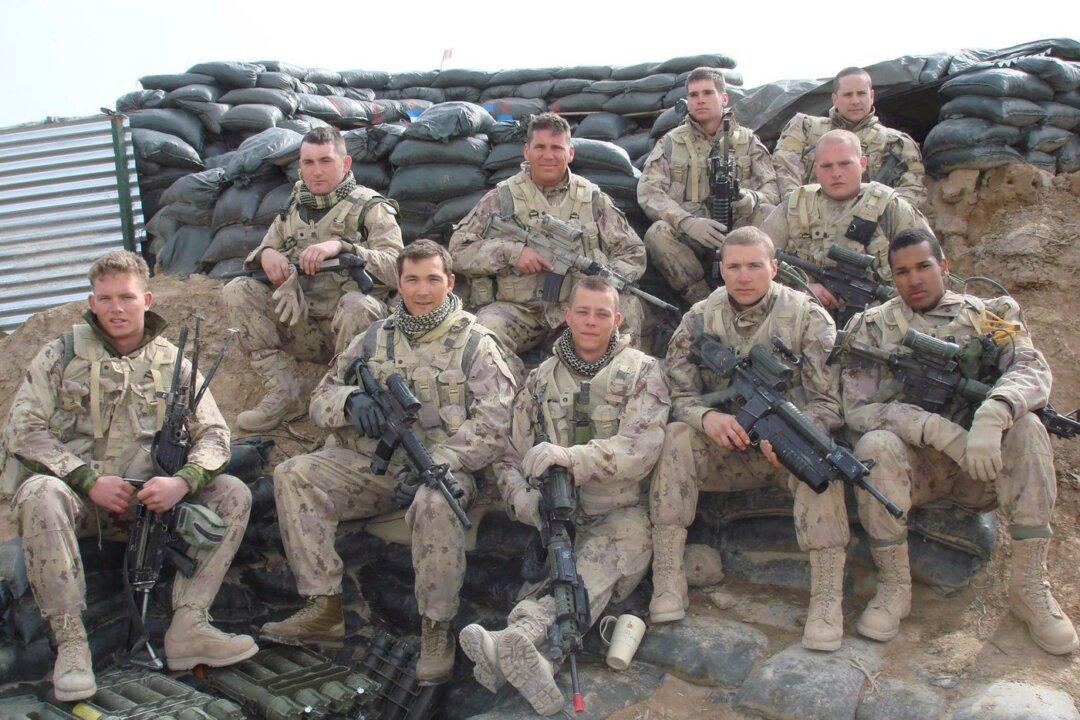Seven years after a former Canadian soldier fatally shot three family members and himself in rural Nova Scotia, a provincial inquiry is scheduled to release on Jan. 31 a final report explaining what happened and how to prevent a similar tragedy.
The much-delayed fatality inquiry investigated why Afghanistan war veteran Lionel Desmond killed his mother, wife and 10-year-old daughter before taking his own life with a semi-automatic rifle on Jan. 3, 2017.





